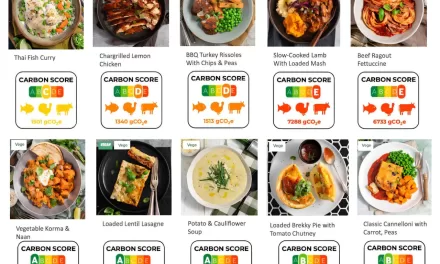New Delhi — The shift toward healthier eating habits is rapidly transforming India’s snacking industry. According to a report from consumer intelligence company NielsenIQ (NIQ) released Tuesday, the “smart snacking” category is now growing 1.2 times faster than traditional snacks, reflecting an increasing demand for health-oriented products among urban consumers.
The report reveals that approximately 63 percent of surveyed consumers are actively seeking innovative, healthy snacking options, while 50 percent consistently read ingredient labels to evaluate nutritional value. This shift in consumer behavior has resulted in one in five snacks on the market now having a health connotation, according to NIQ.
“This segment is growing 1.2 times faster than traditional snacks in terms of value, presenting opportunities for brands to innovate in health-focused products and leverage the consumption trend,” said Sonika Gupta, Executive Director of Customer Success–India at NIQ.
This shift is also apparent in India’s consumer tech sector, where the demand for health-focused products continues to grow. Fitness wearables, for example, saw a 59 percent increase in volume, while sales of hot air fryers surged by more than 100 percent. This trend underlines a broader movement toward health-conscious living, as consumers are choosing products that support wellness goals.
India’s snack and confectionery industry, the second-largest in the Asia-Pacific region by market size, is undergoing a transformation driven by health-conscious urban consumers. Rising lifestyle diseases and health concerns have pushed many to choose snacks that align with their health goals. Notably, the study found that 84 percent of urban consumers exercise regularly, and nearly half use fitness or exercise apps to support their wellness routines.
The smart snacking market is also witnessing a surge in demand for single-serve packs, which are now growing at a rate 60 percent faster than similar traditional snack packs. These convenient, affordable options have made smart snacks more accessible to the average consumer, contributing to consumption rates that are twice that of the general snack market.
The report does, however, note a recent slowdown in the rate of new product innovations and launches in the smart snacking category, which has been growing at a value rate of 16 percent. Nonetheless, as smaller emerging brands enter the market, they are challenging established players with competitive, health-focused offerings.
With smaller pack sizes and mainstream pricing strategies, the smart snacking segment is well-positioned for continued growth as Indian consumers increasingly prioritize health and convenience in their snacking choices.












